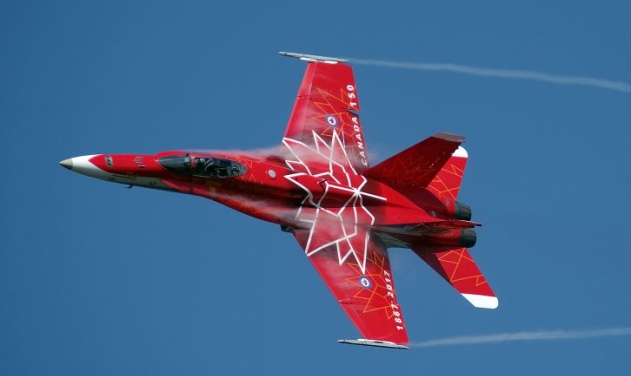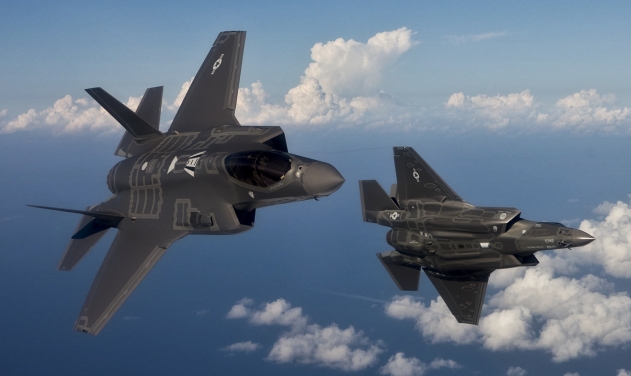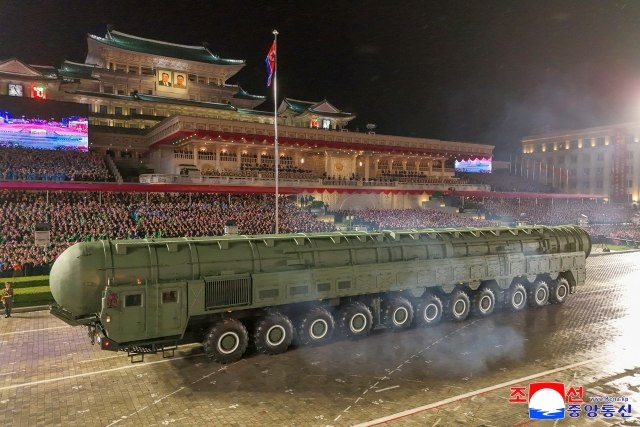Saab, Boeing, Lockheed Submit Bids for Canadian Fighter Jet Procurement
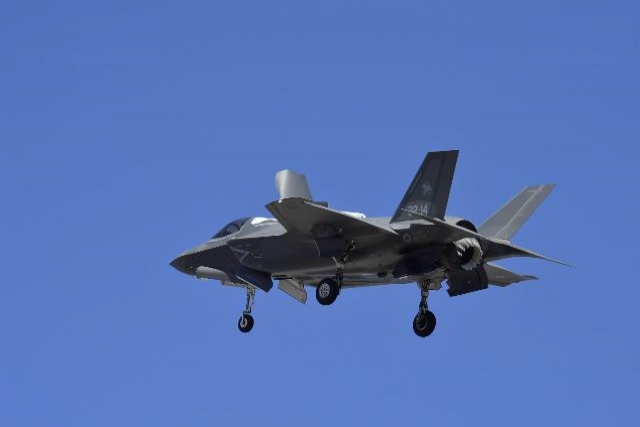
The Canadian government received bids from Saab (Gripen E), Boeing (F/A-18 Super Hornet) and Lockheed Martin (F-35 Lightning II) for its fighter jet procurement project on July 31.
In late 2017, Canada launched Future Fighter Capability Project (FFCP) to buy 88 advanced fighters to replace the Royal Canadian Air Force’s existing fleet of CF-18 jets. Ottawa released its formal request for proposals (RFPs) to buy advanced fighters last July.
On July 31, 2020, the Government of Canada received bids from all three suppliers currently eligible to participate in the future fighter competitive procurement process:
- Swedish Government—SAAB AB—Aeronautics with Diehl Defense, MBDA UK, and RAFAEL
- United States Government—Lockheed Martin with Pratt and Whitney
- United States Government—The Boeing Company with Peraton Canada Corp., CAE Inc., L3 Technologies, GE Canada and Raytheon Canada Limited Services and Support Division
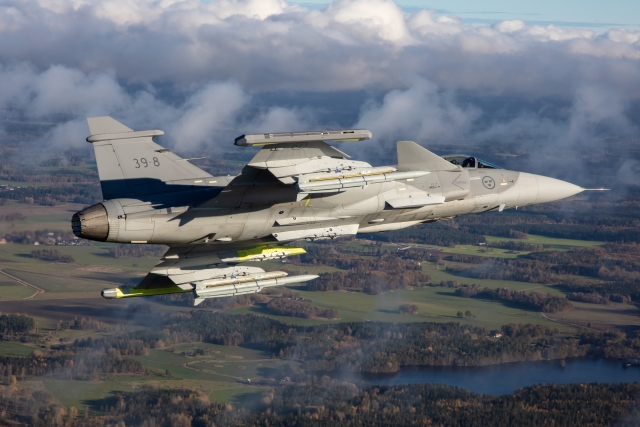
The French Dassault Team and United Kingdom-Northern Ireland Team with Airbus company withdrew from the contest in November 2018 and August 2019 respectively.
The formal requirements say all proposals will be assessed on a points system that awards 60 percent for technical merit, 20 percent for cost and 20 percent for industrial benefits.
“The FFCP is acquiring 88 advanced jets, associated equipment and weapons, with set-up of training and sustainment services. The Industrial and Technological Benefits Policy and the Value Proposition apply to this procurement. All bidders are required to provide industrial targets in Canada equal to the value of their contracts. Bidders are also required to provide plans detailing how they will fulfill the Government of Canada’s economic benefits requirements, including supporting jobs and growth in Canada’s aerospace and defense industries over the coming decades. Maximum points in the evaluation of Value Propositions will be given to those that provide contractual guarantees,” the Canadian government said in a statement.
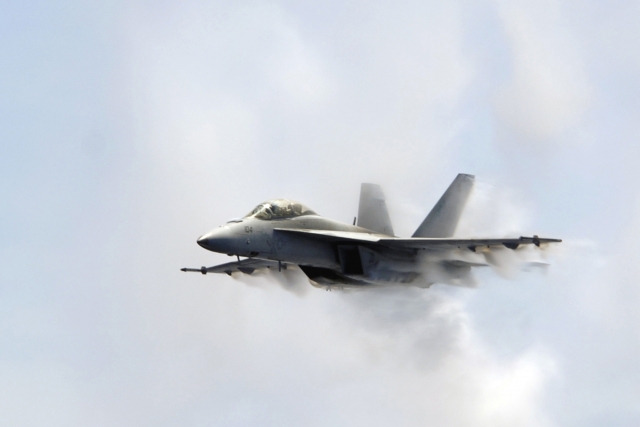
The country initially drew up a plan to acquire 65 Lockheed F-35 stealth jets by 2020. The plan was scrapped after it met with criticism over costs, the lack of public competition for the work and the fact that they are single-engine fighters.
Canada expects to sign a contract in 2022 and wants first of the jets to be delivered by 2025.
